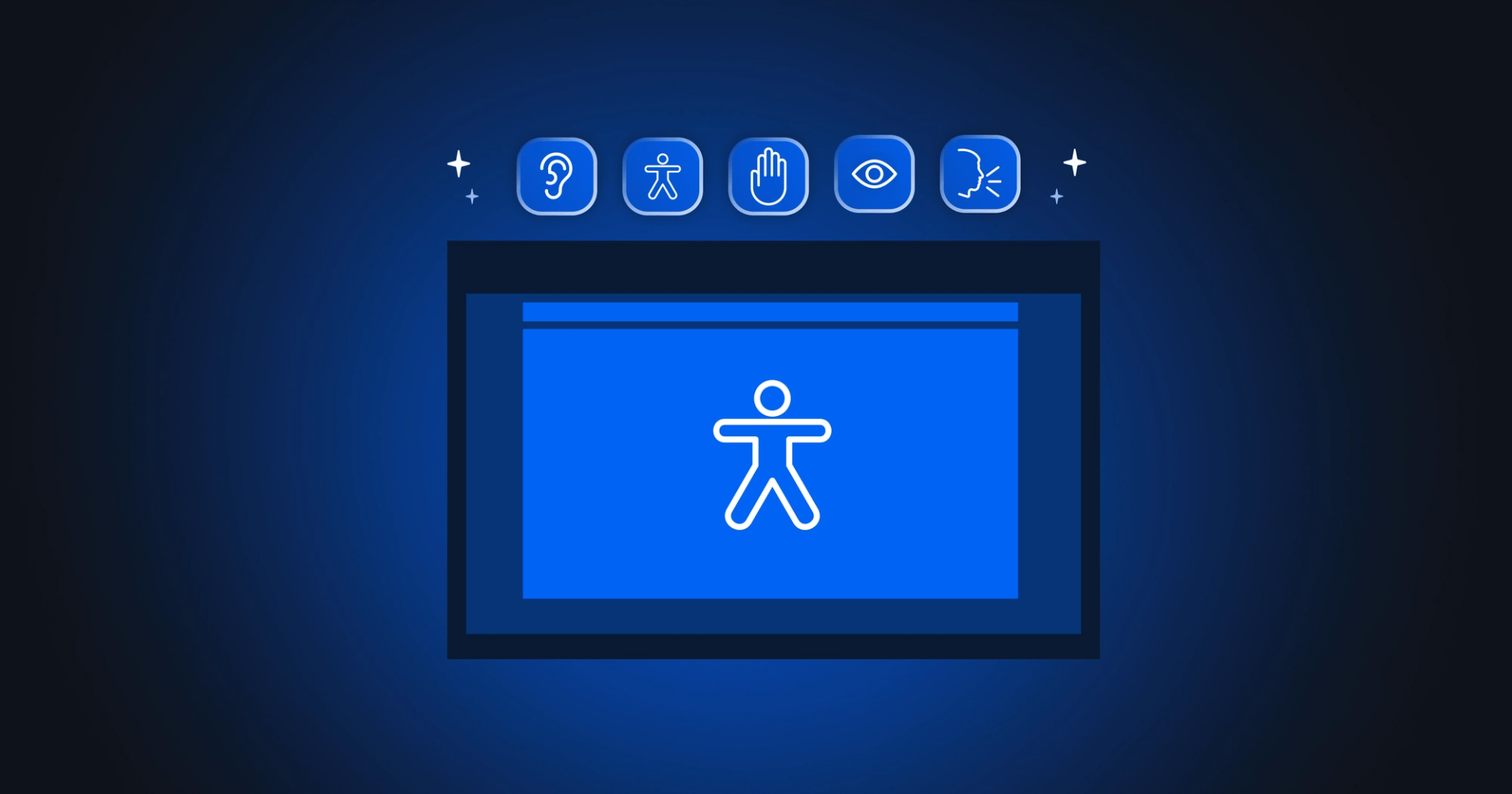To stand out in the fiercely competitive e-commerce world, ensuring the quality of your Shopify store isn't just a nice-to-have—it's essential for success. With millions of online shoppers expecting seamless experiences and flawless transactions, the slightest glitch or oversight can lead to lost sales and damaged reputation.
This is where robust testing and quality assurance (QA) practices step in to save the day. By ensuring that your Shopify store operates smoothly, securely, and optimally you can provide customers with the seamless experiences they crave.
In this article, we'll cover everything from why it's important to how it's done, along with the tools, best practices, and real-world examples to guide you on your journey to e-commerce excellence.
Setting the stage for quality
Before we dive into the world of testing and quality assurance, let’s take a moment to understand what makes Shopify stores unique.
Shopify is more than just a platform; it's a powerhouse in the e-commerce industry, offering a full suite of tools and features that empower businesses to build, manage, and expand their online presence effortlessly.
Whether it’s managing product listings, streamlining checkout processes, handling customer interactions, or integrating marketing strategies, Shopify covers all the bases essential for e-commerce triumph.
As a result, ensuring top-notch quality across these facets is crucial for delivering outstanding user experiences and booting sales.
The consequences of overlooking quality in Shopify stores can be significant. Imagine encountering broken features, security loopholes, sluggish loading speeds, or compatibility hiccups while shopping online—it’s a recipe for disappointment and distrust.
On the flip side, adopting robust testing and QA practices brings a multitude of benefits. Not only does it enhance customer satisfaction and elevate conversion rates, but also fortifies your brand’s reputation and fuels revenue growth.
By proactively identifying and resolving issues before they reach your customers, you’re laying the foundation for lasting loyalty and prosperity.

The QA blueprint for Shopify stores
Effective testing and QA for Shopify stores involves a structured process, divided into several key phases. Let's break it down how our team does testing and QA:
- Planning phase - This is where the groundwork is laid. Clear objectives and requirements are defined to guide the testing process. By establishing a solid plan, we set the stage for effective testing activities to follow.
- Design phase - In this phase, we craft test cases, scenarios, and environments that mimic real-world usage. By simulating different scenarios, we can uncover potential issues and ensure the store functions seamlessly across various situations.
- Execution phase - Now it's time to put our plan into action. This involves rigorous testing across functional, performance, and security aspects. We want to make sure the store not only meets user expectations but also complies with industry standards to maintain trust and credibility.
- Reporting phase - Once testing is complete, it's essential to analyze the results. We document any findings and provide actionable insights for continuous improvement. This phase ensures that issues are addressed promptly and that the store keeps evolving to meet the ever-changing needs of users.
Now, let's talk about the tools and technologies that can help streamline these testing efforts:
There's a wide array of tools available to make testing Shopify stores more efficient and effective. These tools range from comprehensive testing frameworks to specialized Shopify-specific apps and plugins. They're designed to cater to specific needs, whether it's managing test cases, automating regression testing, monitoring performance, or scanning for security vulnerabilities.
With these tools at our disposal, we can uphold quality standards while minimizing the manual effort and time required for testing. They empower us to detect issues early, streamline the testing process, and ultimately deliver a seamless and reliable shopping experience for your customers.
Time-tested strategies
As the world of testing evolves, certain timeless best practices remain crucial for ensuring the quality of Shopify stores. Here's a breakdown of these practices in simple terms:
- Structured QA process - It's important to follow a structured process that covers all stages of development. This ensures that testing is thorough and systematic, leading to fewer errors and smoother operations.
- Compatibility across devices and browsers - To reach a wider audience, it's vital that your Shopify store works seamlessly on various devices and web browsers. This inclusivity enhances user experience and boosts customer satisfaction.
- Robust security measures - Protecting sensitive customer data is non-negotiable. Implementing strong security measures helps safeguard against potential threats, earning trust and confidence from your customers.
- Website performance optimization - Nobody likes a slow-loading website. By monitoring and optimizing your website's performance, you can ensure that users have a smooth and enjoyable browsing experience, ultimately driving higher engagement and conversions.
- Continuous learning and improvement - Stagnation is the enemy of progress. Embrace a culture of continuous learning and improvement to stay ahead of the curve. By staying informed about the latest trends and technologies, you can adapt quickly and effectively to changes in the industry.
Real-world case studies provide tangible evidence of the benefits of implementing these QA practices in Shopify stores.
For example, automated testing can significantly enhance store performance and reliability, leading to improved customer satisfaction and increased sales. Similarly, robust security measures can prevent data breaches and maintain customer trust, ultimately contributing to long-term success.
These success stories highlight the transformative impact of prioritizing quality assurance in Shopify stores and serve as inspiration for businesses looking to elevate their online presence.
Ensuring quality in Shopify stores is not merely a checkbox item but a strategic imperative for sustained success for e-commerces and by adopting robust testing and QA practices, businesses can safeguard their reputation, delight customers, and drive long-term growth.
With a proactive approach to quality assurance, Shopify store owners can confidently navigate challenges, seize opportunities, and emerge as leaders in their respective niches.


